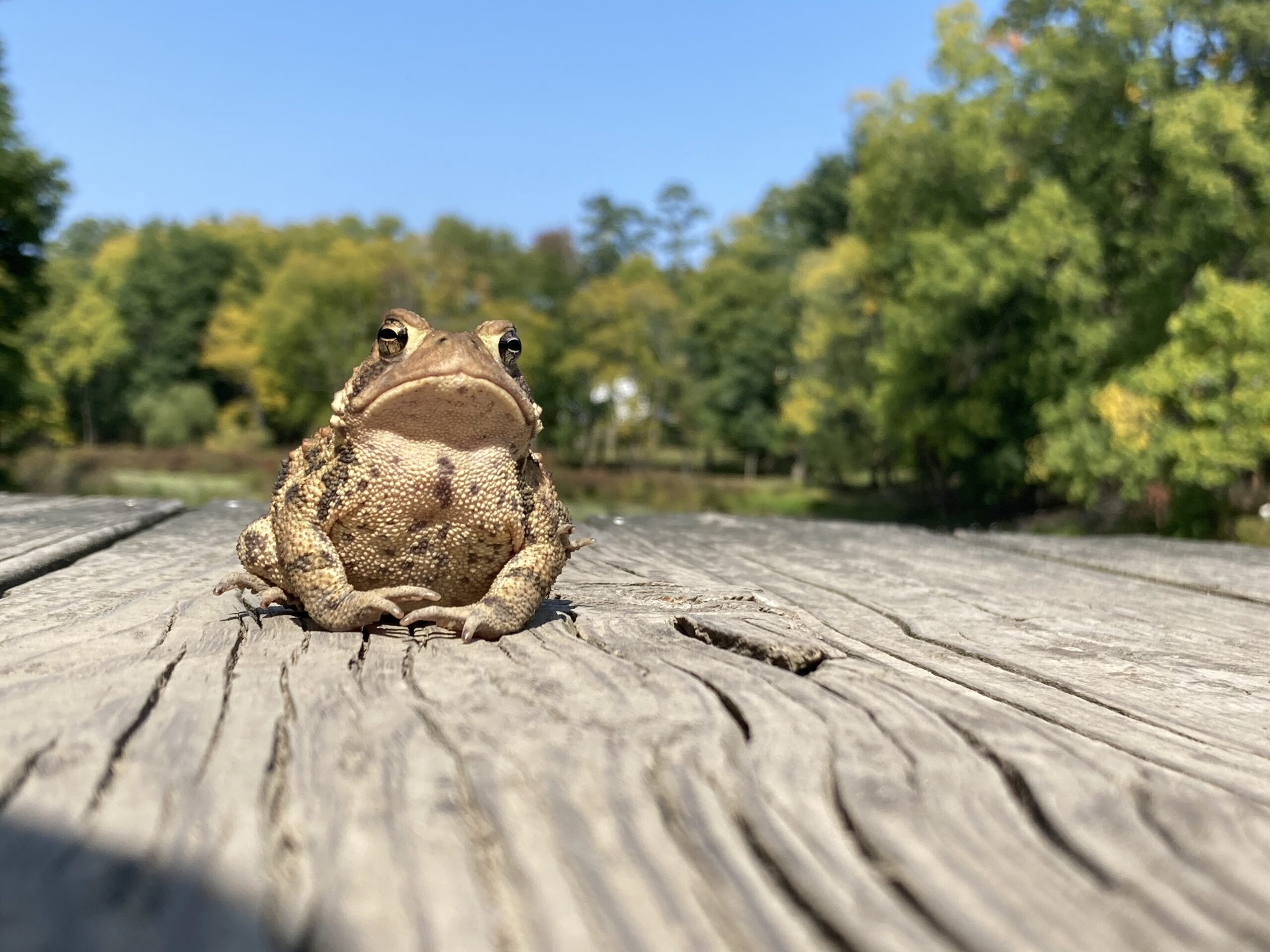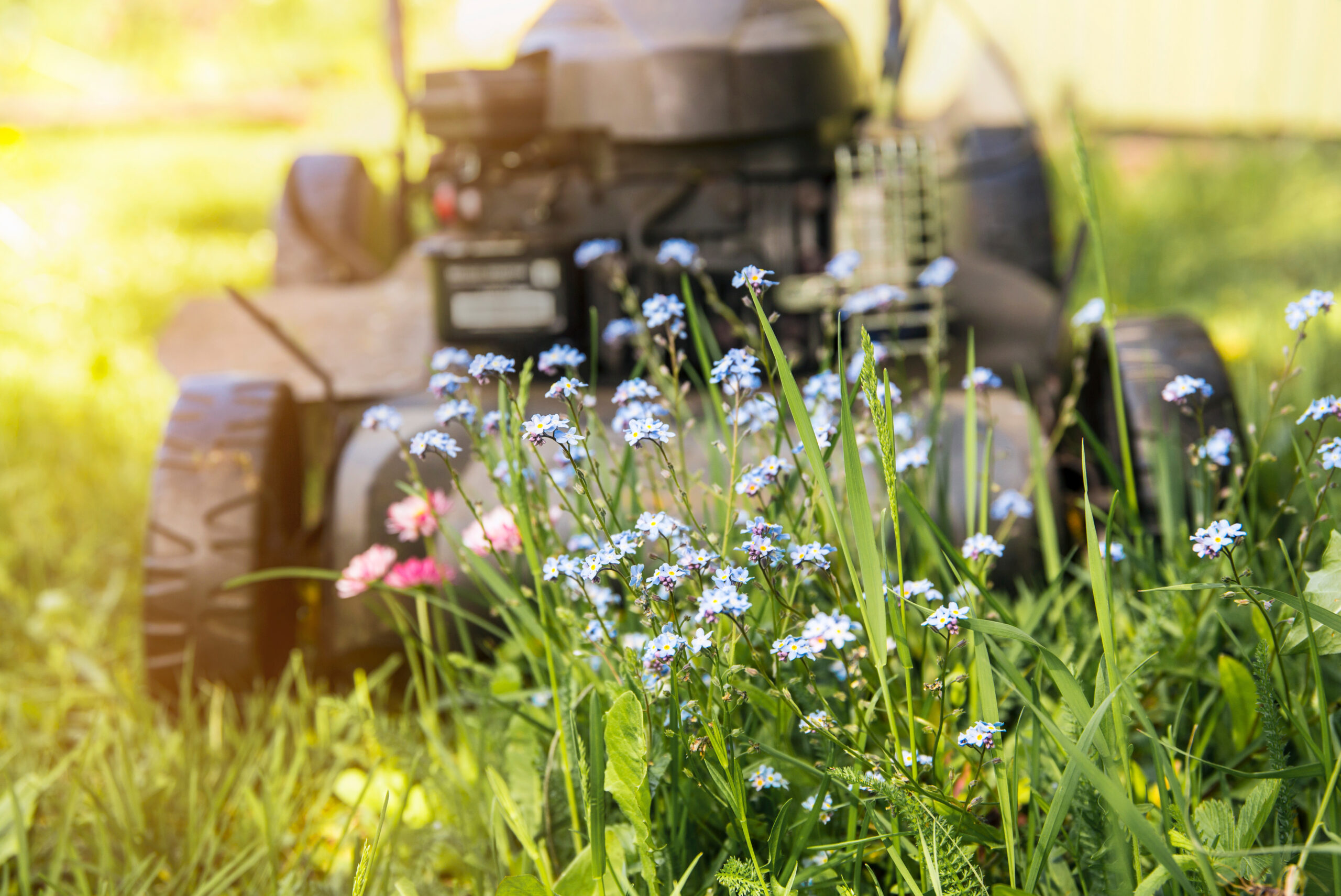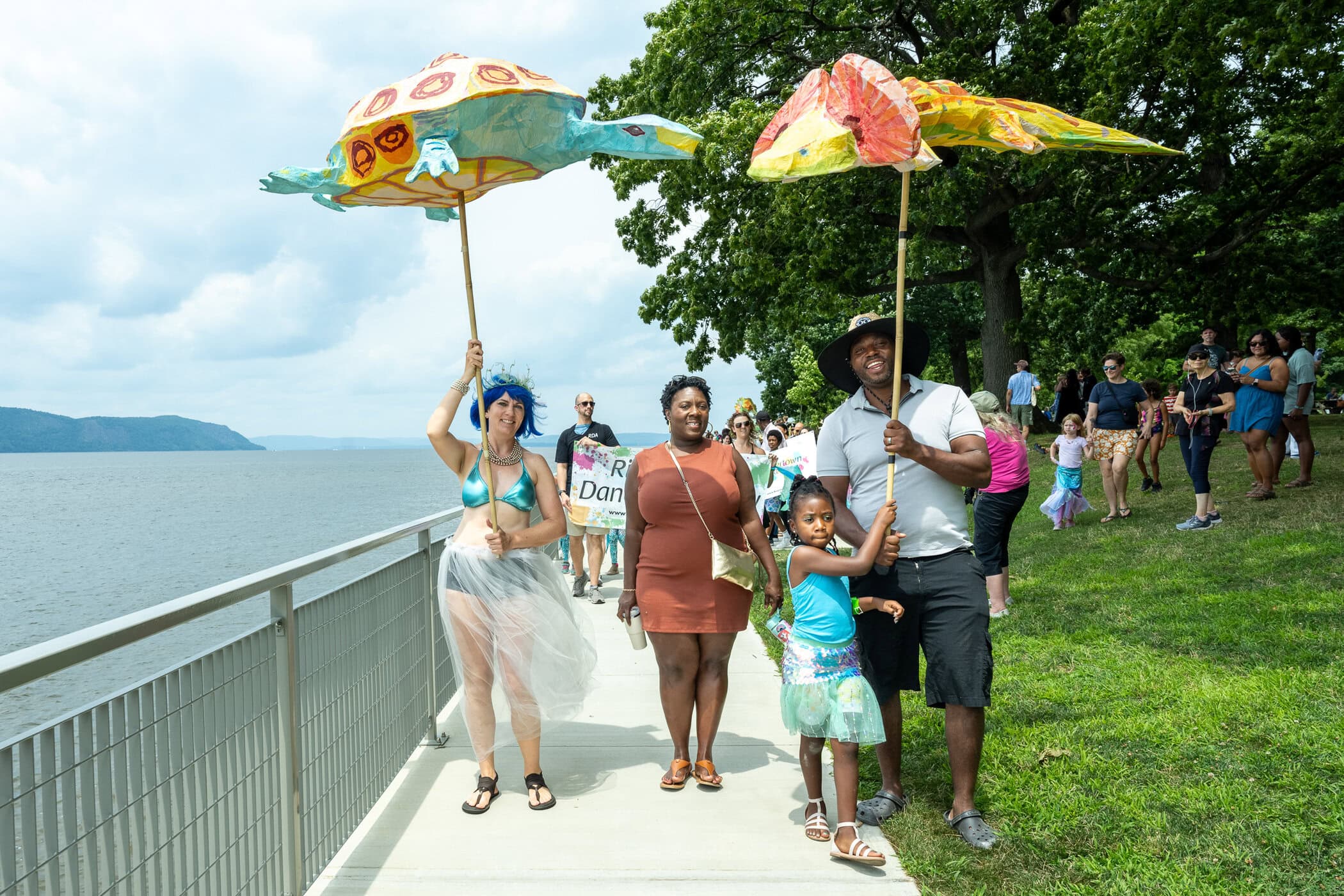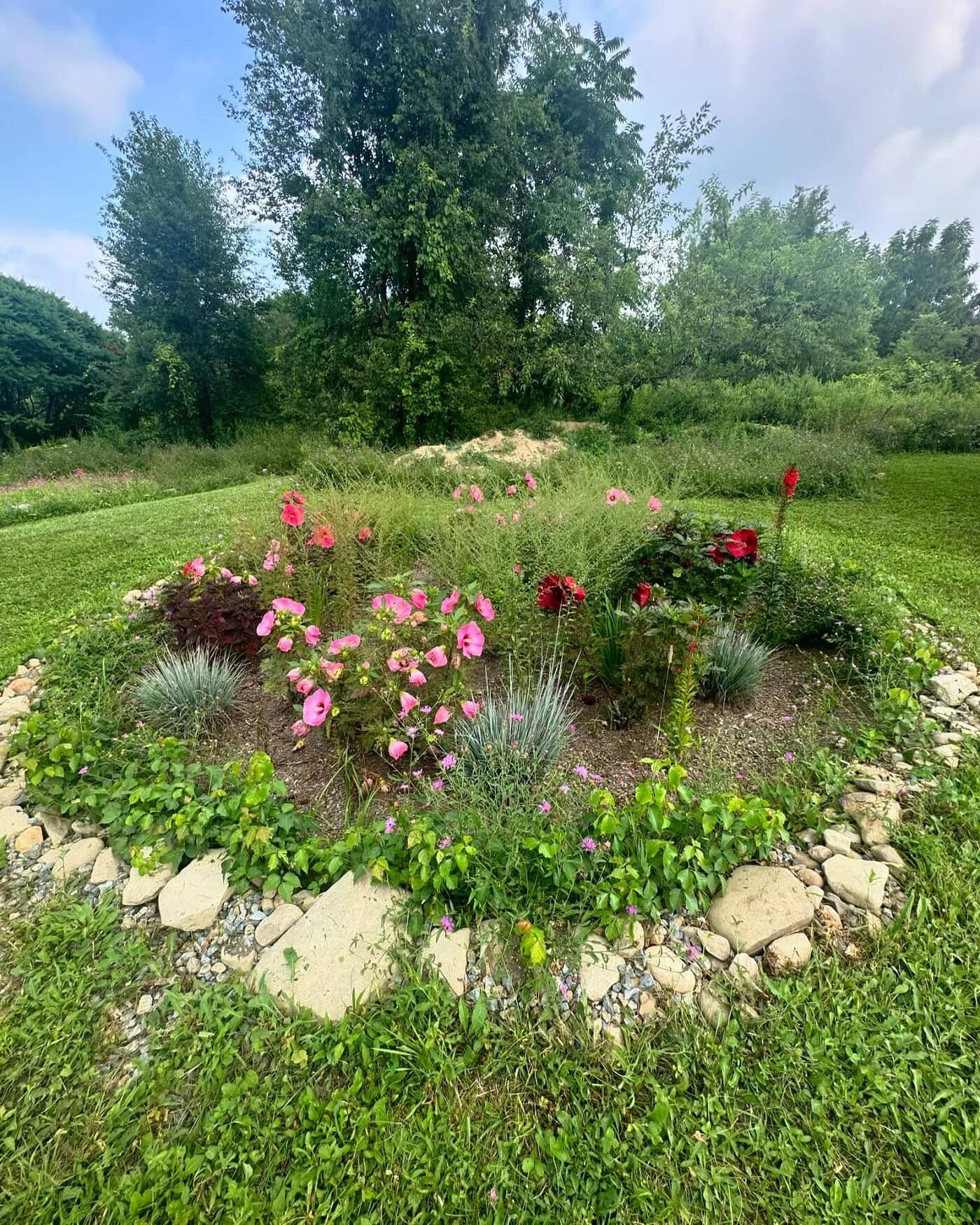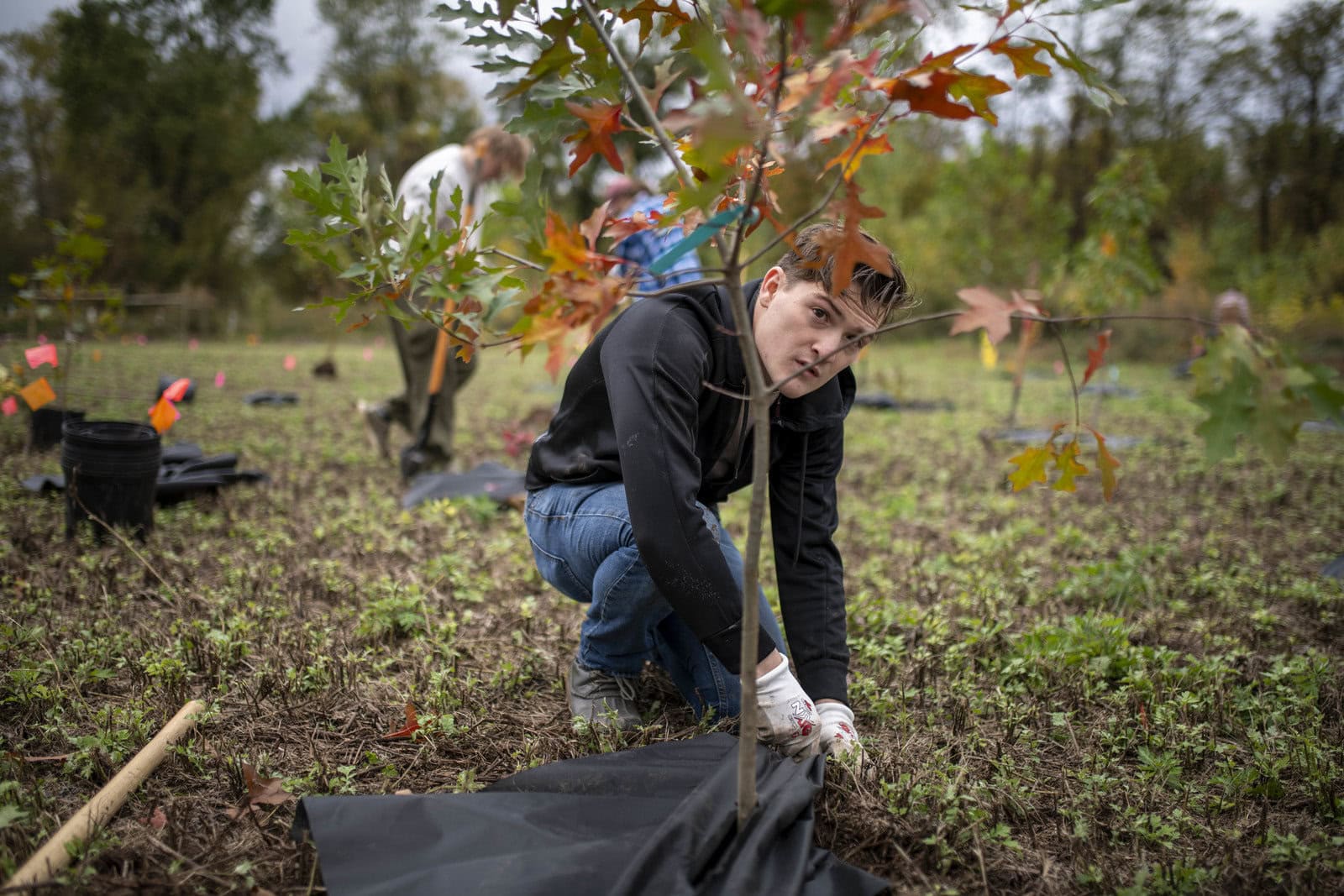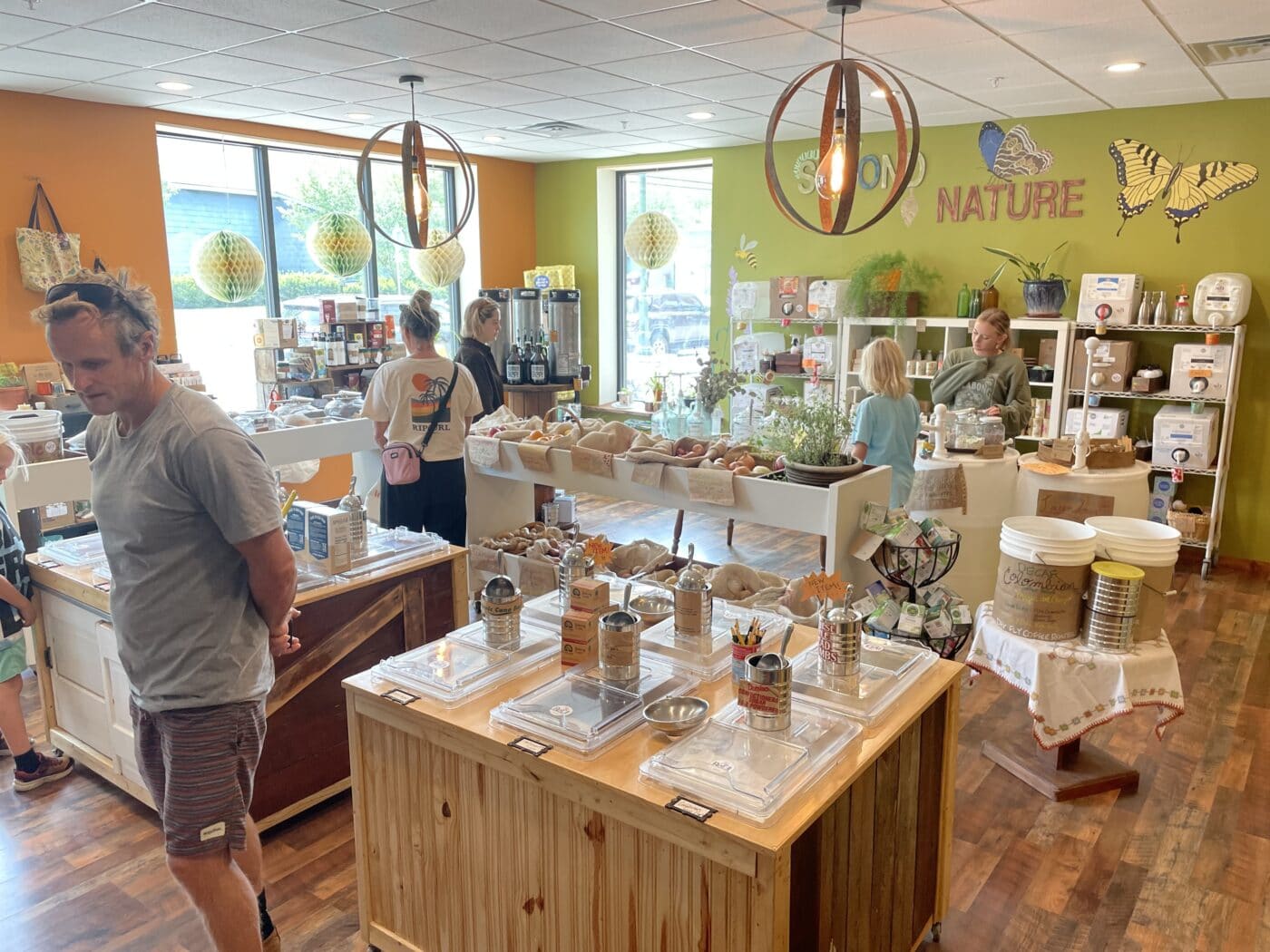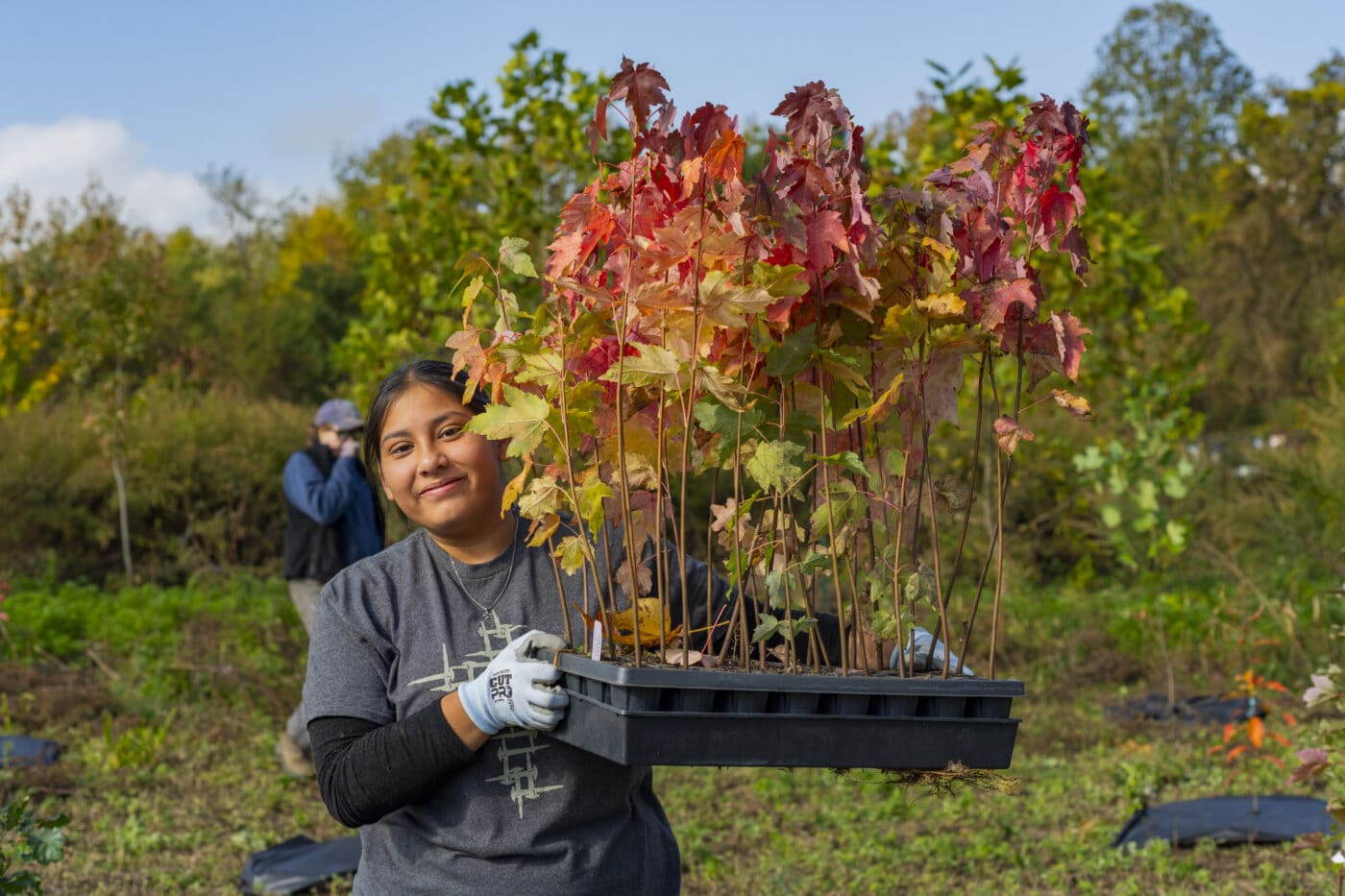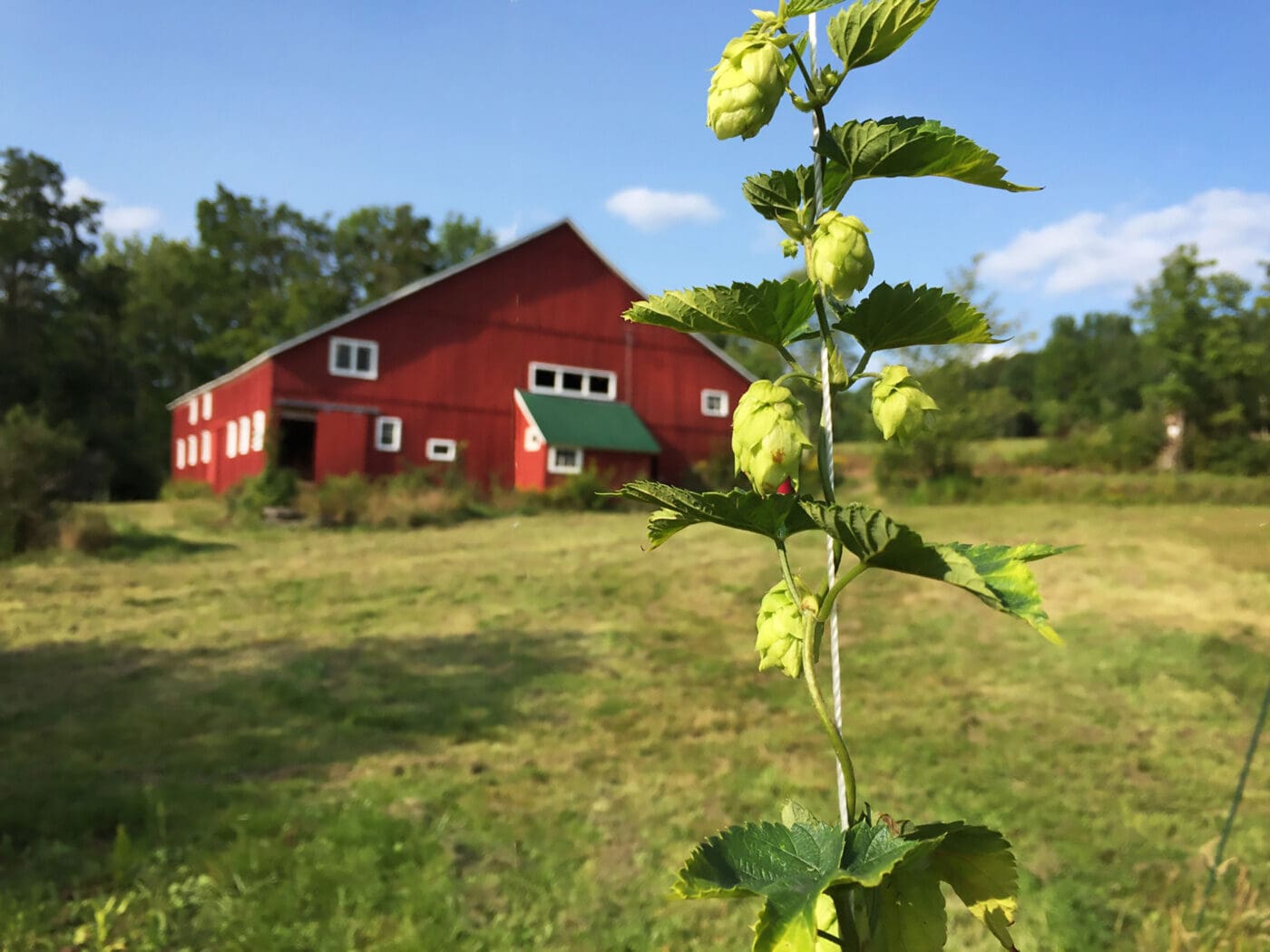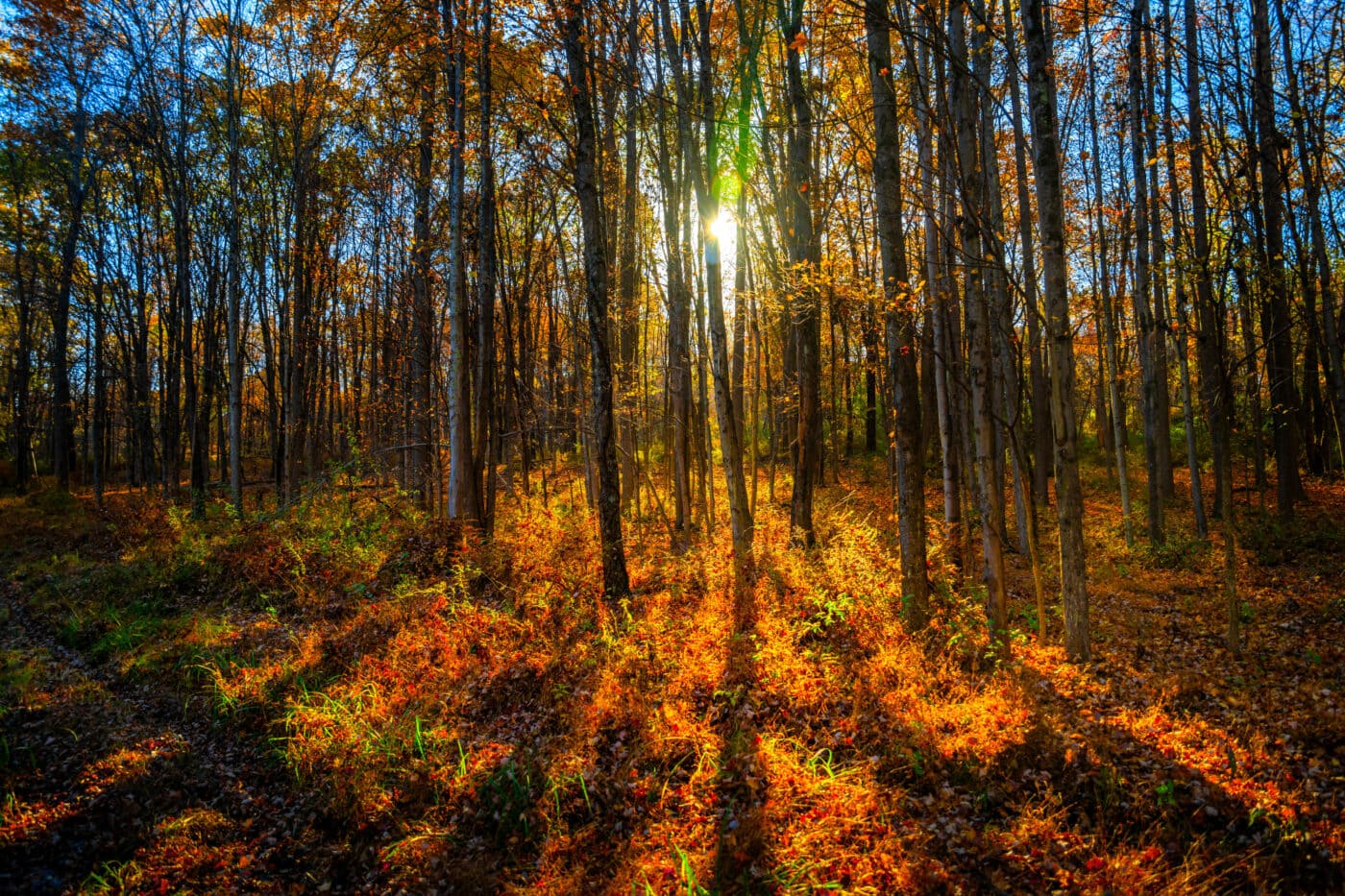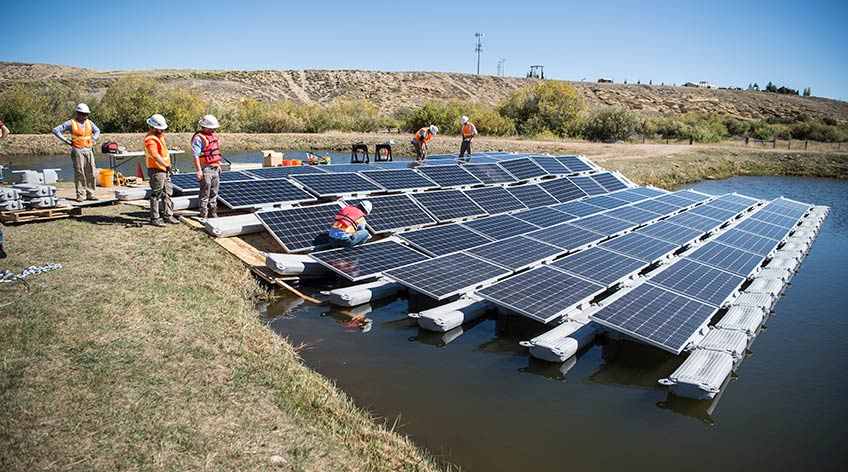Plastic isn’t just a pollution problem or a health problem — it also has a massive impact on the environment.
The impacts of plastic waste on oceans and shorelines are have been devastating. And a 2019 study by the University of Newcastle in Australia found that humans are ingesting the equivalent of a credit card’s worth of microplastics every week. However, because virtually every step of plastic production requires fossil fuels, the impact plastic makes on global greenhouse gasses is arguably most pressing.
That’s because overproduction from the fracking boom and the pandemic’s economic slowdown have driven crude oil prices to historic lows. In search of new profits, major fossil fuel companies are investing in plastic production, according to Columbia University’s Earth Institute.
A recent study led by the Center for International Environmental Law (CIEL) and a number of other environmental organizations warned that if these and other companies achieve their planned plastic production goals by 2030, emissions could reach 1.34 gigatons per year. That’s the same impact you would get from building 295 new 500-megawatt coal-fired power plants, the study said.
Judith Enck, a former regional director of the Environmental Protection Agency and a founder of Beyond Plastics, told Columbia’s Earth Institute that the issue is particularly urgent because the permit review for many of the new plastic production facilities in the U.S. has already begun. “If even a quarter of these … facilities are built,” Enck said, “it’s locking us into a plastic future that is going to be hard to recover from.”
Finding Alternatives in Nature
Fortunately, there is another way.
Bio-based plastics are made from renewable, naturally occurring feedstocks such as corn, cassava, sugar beet, or sugar cane.

Some types are biodegradable. And since they don’t rely on oil or gas as a primary ingredient, they result in much lower levels of carbon emissions. Indeed, the nonprofit group Project Drawdown (which in 2017 published the New York Times bestseller, Drawdown: The Most Comprehensive Plan Ever Proposed to Reverse Global Warming) lists bioplastics as one of the most effective solutions to reversing global warming.
“What affords plastics their malleability are chainlike polymers, comprised of many atoms or molecules bound to one another,” Drawdown writes. “Cellulose, the most abundant organic material on earth, is a polymer in the cell walls of plants. Chitin is another abundant polymer, found in the shells and exoskeletons of crustaceans and insects. Potatoes, sugarcane, tree bark, algae, and shrimp all contain natural polymers that can be converted to plastic.”
Will Bioplastics Take Off?
Whether bioplastics can gain a meaningful share of the market remains to be seen. The coronavirus pandemic has hurt the bottom lines of plastics companies, which recently requested $1 billion federal bailout to help in recycling during the public-health crisis. Yet the Covid-19 outbreak has also slowed the growth of plastic alternatives.
Public concerns about the spread of the virus have reinvigorated the use of single-use plastic items, raising concerns that old habits will stick for years to come. During a recent Senate committee hearing on recycling challenges, Sen. John Barrasso (R-Wyoming) said the virus “has reminded us that the critical role that single-use plastics do play in protecting public health.”
Barrasso’s statement overlooks the overwhelming negative health and climate impacts of single-use plastics — and ignores the potential benefits bioplastics would provide.
Drawdown estimates that if bioplastics captured 12 percent of the market by 2050, nearly 1 gigaton of carbon emissions would be avoided. If that figure increases to 46 percent of the market, 3.8 gigatons of emissions would be saved.



There’s even a promising new bioplastic solution for disposable face masks. Abaca, a fiber from a relative of the banana tree, is often used in teabags and monetary bills — it’s as durable as polyester but can decompose within two months. The pandemic may be creating new challenges, but it may open up new climate solutions, too.


